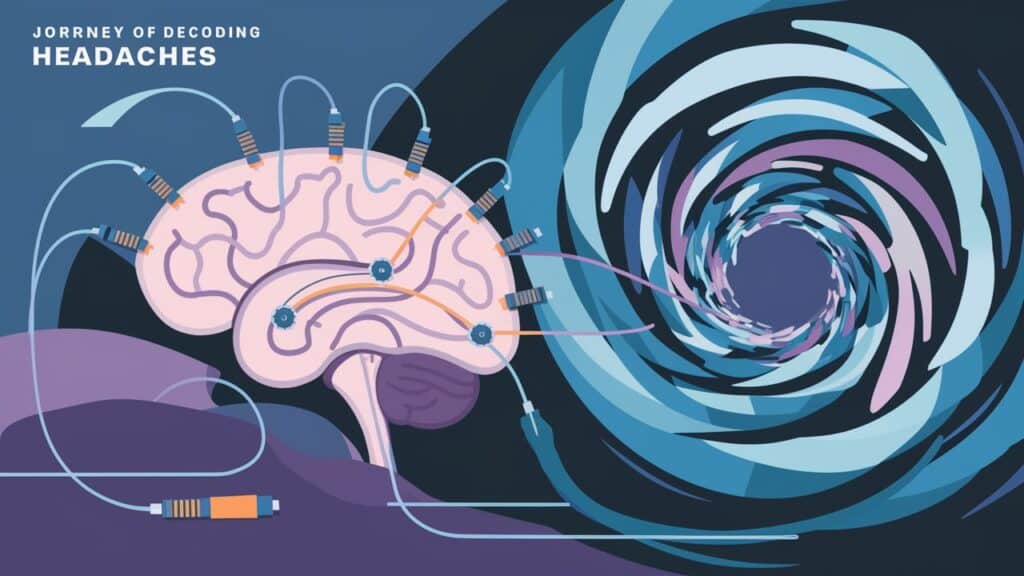
Headaches are a universal human experience. They can range from a mild annoyance to a crippling force. But many types of headaches exist. It can be confusing to know what’s causing yours and how to find relief. This blog sheds light on common headaches. It explains the difference between tension headaches and migraines. It offers tips for managing them.
Understanding Headaches:
Headaches are a pain in the head (literally!), but the underlying causes can vary. Here are a few key points:
- Pain receptors: Pain receptors cause headaches. Nerves in your head, scalp, or neck send pain signals to your brain
- Triggers: Headaches can have many triggers. These include stress, dehydration, lack of sleep, certain medications, and even weather changes
- Types of headaches: There are over 150 types of headaches. But, the two most common are tension headaches and migraines
Tension Headaches vs. Migraines:
While both tension headaches and migraines cause head pain, they have distinct characteristics:
- Tension headaches:
- Dull, aching pain on both sides of the head, often described as a tight band around the head
- You may experience neck pain, shoulder stiffness, or sensitivity to light and sound
- Usually last for 30 minutes to a few hours, but can recur frequently
- Migraines:
- Pain that pulses or throbs, usually on one side of the head
- Often accompanied by nausea, vomiting, sensitivity to light, sound, and smells
- May also cause visual disturbances (auras) before or during the migraine
- Can last for several hours, sometimes even days
Finding Relief:
Here are some tips for managing both tension headaches and migraines:
- Identify your triggers: Keep a headache diary. It can help you identify triggers like stress, certain foods, or lack of sleep
- Maintain a healthy lifestyle: Regular exercise, good sleep, and a balanced diet can reduce how often headaches occur. They can also lessen how strong they are
- Relaxation techniques: Relaxation techniques can help. Examples include yoga, meditation, and deep breathing exercises. They can manage stress and reduce tension headaches
- Over-the-counter pain relievers: You can get over-the-counter pain relievers at a store. Medications like ibuprofen and acetaminophen can offer temporary relief from headaches
- Talk to your doctor: If headaches are often bad or don’t respond to over-the-counter drugs, see your doctor. They can give you a diagnosis and a treatment plan tailored to you
Remember:
Although they may be common, headaches shouldn’t rule your life. You can manage head pain by understanding headache types and identifying triggers. Then, you can use healthy practices to find effective ways to get back to enjoying life.
Sources:
- American Migraine Foundation: https://americanmigrainefoundation.org/
- National Institute of Neurological Disorders and Stroke: https://www.ninds.nih.gov/
This blog provides general information. It does not serve as a replacement for expert medical advice. Always get advice on diagnosis and course of therapy from your physician.
